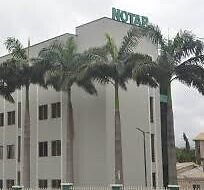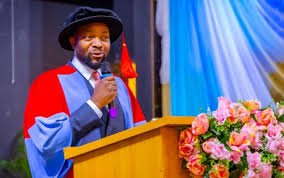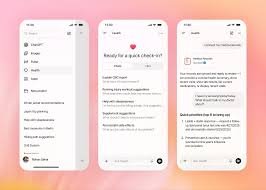The Nigerian government has launched a sweeping initiative to overhaul its digital presence, starting with a unified standard for all federal websites. Led by the Federal Ministry of Communications, Innovation and Digital Economy, the project — called the Nigeria Web Design Standards (NWDS) — seeks to restore public trust by delivering fast, secure, and easy-to-navigate government portals.
Unveiled at a high-level stakeholder workshop in Abuja, the effort is a joint collaboration with the National Information Technology Development Agency (NITDA) and the Aig-Imoukhuede Foundation, which is funding the first phase. According to Minister Dr Bosun Tijani, the move marks a critical shift in how citizens connect with their government.
“Web platforms are often the first interaction citizens have with government. If they’re difficult to navigate or inconsistent, they damage credibility. This project is about correcting that,” the Minister said.
Bridging the Trust Gap Through Simplicity and Inclusion
Digital technology now drives public service delivery. Yet, many federal websites remain clunky, outdated, or confusing. Kashifu Inuwa Abdullahi, Director-General of NITDA, stressed that the absence of a common design framework has led to fragmented user experiences.
He explained that by adopting shared structures and components, agencies could better coordinate services, reduce costs, and simplify access for citizens. The new framework will also come with compliance tools, incentives, and a mandatory policy to ensure widespread adoption.
Echoing this vision, Agboja Igimokode, CEO of the Aig-Imoukhuede Foundation, noted how countries like the UK have shown that consistent web design can improve public trust and engagement. He added: “Digital inclusion is not optional anymore. It’s how governments stay relevant and responsive. Nigeria must match global standards by offering a unified, reliable digital experience for its people.”
A Citizen-Centred Future
The Foundation’s Director of Programmes, Chioma Njoku, described NWDS as more than a design upgrade — it’s a call for deeper public service reform. From education to healthcare, a seamless digital interface could unlock better delivery across sectors.
“Young Nigerians must see public service as a platform for change, not as a space of limitations. Through this and other initiatives, we’re showing that government can work and work well,” she said, urging the private sector, media, and civil society to treat digital transformation as a shared mission.
Dr Tijani summed up the broader ambition behind the project: “This is not just about websites… it’s about reimagining governance. For the first time in Africa, we’re co-creating a national digital interface that truly serves its people. It’s about trust, efficiency, and the future.”
The NWDS project forms a central part of Nigeria’s larger push toward inclusive digital transformation. If it succeeds, the gap between government and citizens could finally begin to close — one click at a time.







One reply on “New Web Standards Set to Reshape Nigeria’s Digital Governance”
[…] 1,000,143 Nigerians have so far taken part in various forms of NITDA digital training, including 32,000 civil servants who have received digital literacy and related skills. He encouraged the latest graduates to return […]